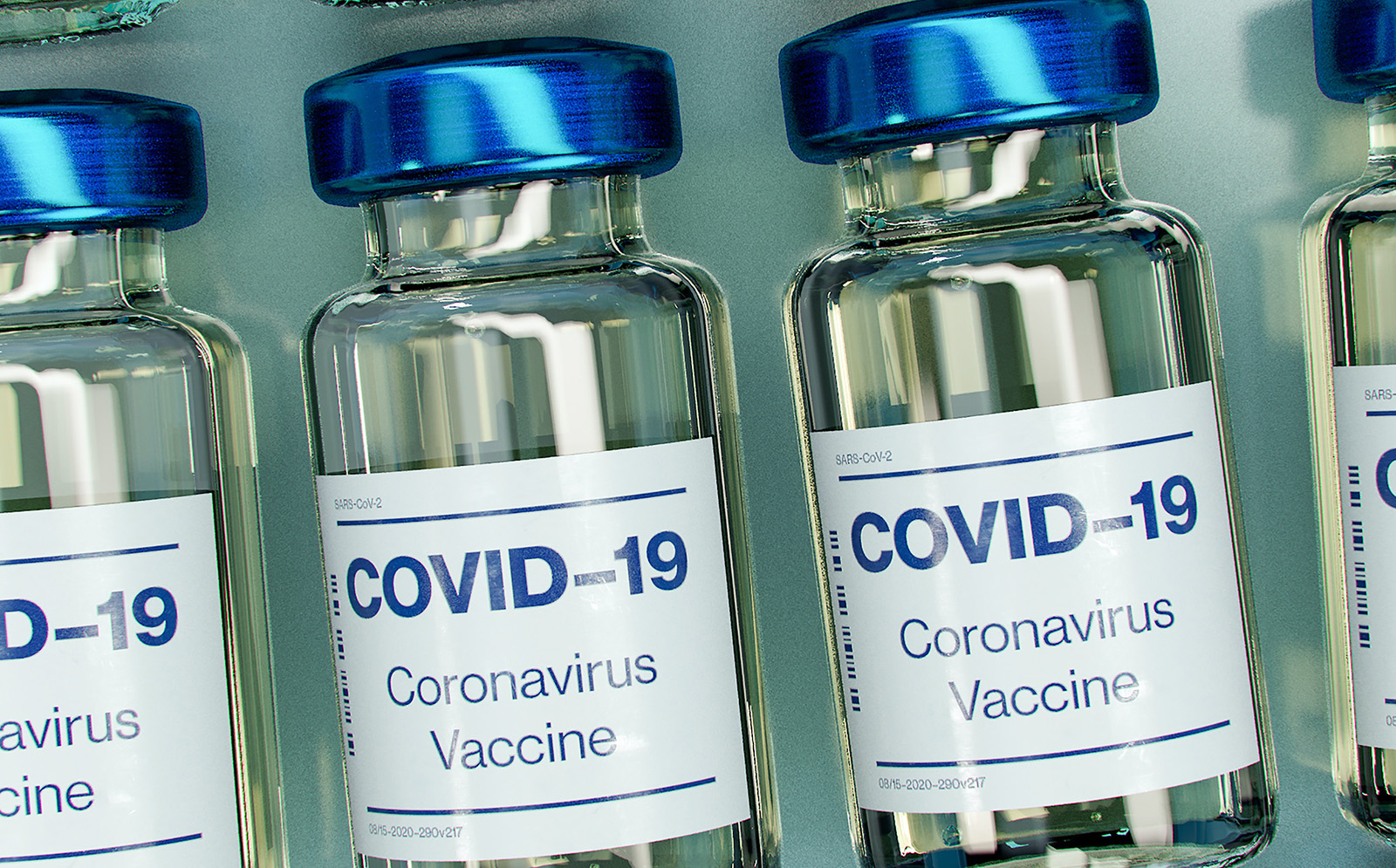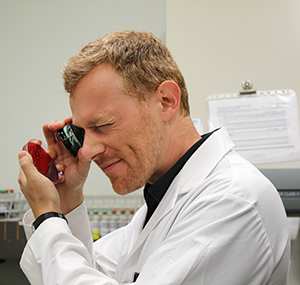
A single dose of the Pfizer-BioNTech COVID-19 vaccine produces a much weaker antibody response in long-term care residents than it does in younger healthy adults, new research has found.
The findings raise questions about the optimal timing of the second dose of the vaccine for older adults.

Dr. Marc Romney
“Results from this study in long-term care facilities in Vancouver reveal that individuals of advanced age, following the first dose of a two-dose vaccination regimen, are less able to generate as strong an antibody response, both in terms of magnitude and function, compared to adults of younger age,” says Dr. Marc Romney, clinical associate professor in UBC’s department of pathology and laboratory medicine, and medical leader for medical microbiology and virology at St. Paul’s Hospital, Providence Health Care. “It will be important to assess whether this observation extends to older persons living in the community as this may inform the optimal timing of the second dose for this population.”
Dr. Romney and the research team, co-led by Dr. Zabrina Brumme of the BC Centre for Excellence in HIV/AIDS and Dr. Mark Brockman of Simon Fraser University, analyzed blood samples collected in late 2020 and early 2021 from residents and staff of long-term care homes in the Metro Vancouver area.
“It will be important to assess whether this observation extends to older persons living in the community as this may inform the optimal timing of the second dose for this population.”
Dr. Marc Romney
Samples from 18 long-term care residents and 12 healthcare workers from the same network of long-term care facilities were taken before vaccination and provided a baseline against which the researchers could measure changes after participants received their first dose of vaccine.
Not only did the long-term care residents produce lower levels of antibodies than staff members after the first dose, the antibodies they did produce were less adept at blocking the SARS-CoV-2 virus from binding to its target cells.
“The antibody response was actively triggered in young, healthy people following a single dose of vaccine, while the response was clearly not as robust in older individuals. This indicates that some older people—not only in long-term care but also in the community—may be incompletely protected after their initial dose,” explains Dr. Romney.
“The study is one of the first to assess immune response to COVID-19 vaccines in this vulnerable population in Canada,” says Dr. Tim Evans, Executive Director of the COVID-19 Immunity Task Force, which funded the study.
“The findings correspond with results from other countries that suggest the immune response to mRNA COVID-19 vaccines, as measured by these parameters, is less robust among older people, compared to younger persons. Fortunately, post-first dose infections leading to serious disease are exceedingly rare: real-world clinical evidence from Canada and the U.K. shows that older persons, in long-term care or in the community, are well-protected for many weeks by a single dose of an mRNA vaccine,” says Dr. Evans. “Nevertheless, these findings are a reminder that there may be limits to how long we can stretch the time between doses for seniors and other segments of the population. Close post-vaccine surveillance is essential, and research correlating laboratory tests with clinical outcomes is needed.”
The paper has been submitted for peer review and is also available as a pre-print on medRxiv.
This story originally appeared on the CITF website.